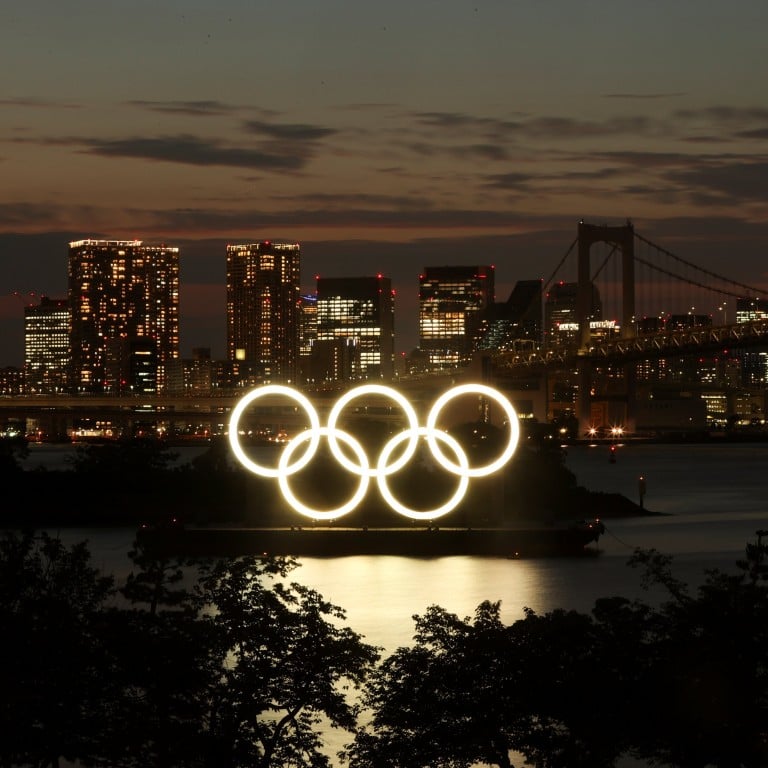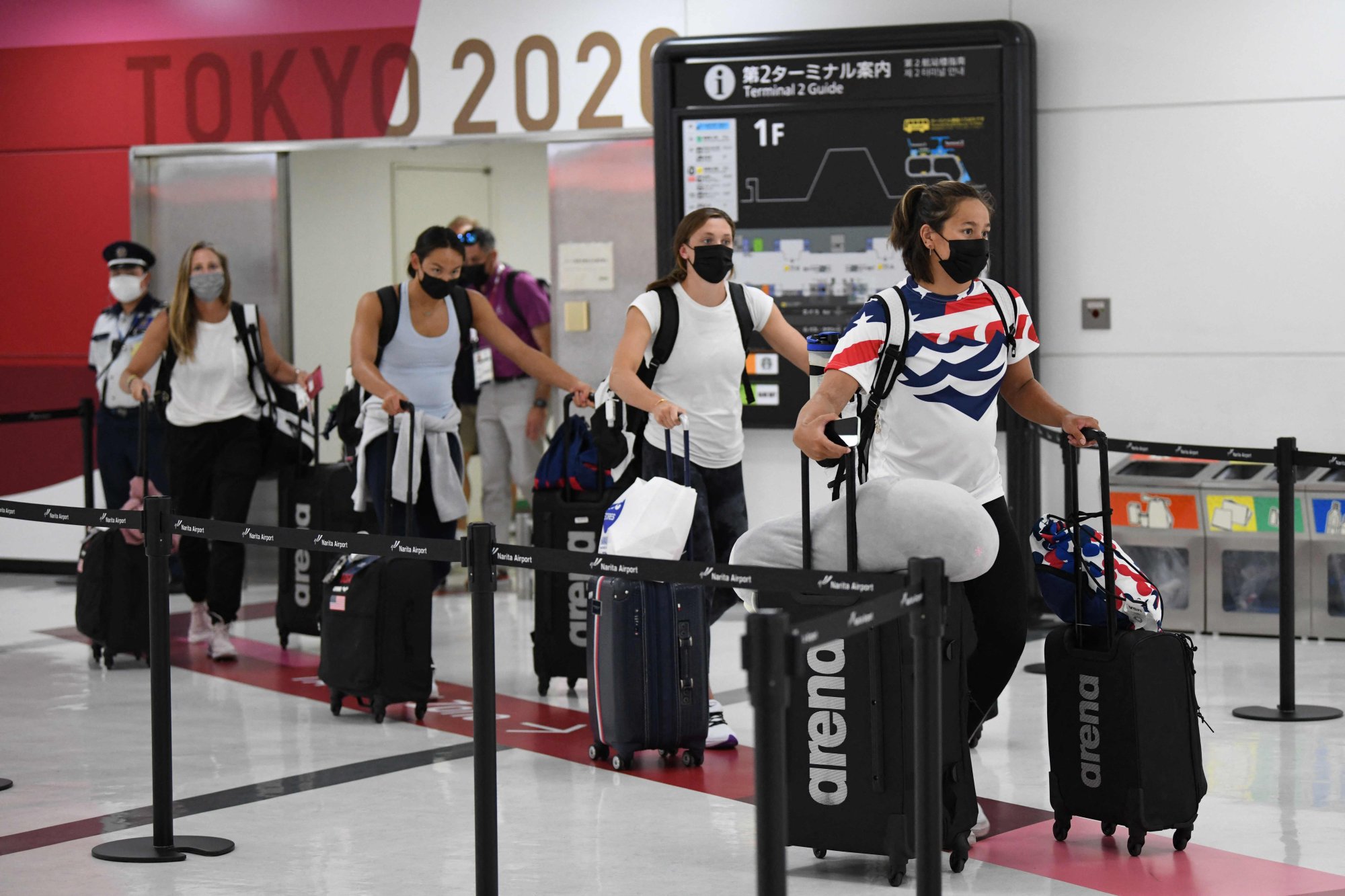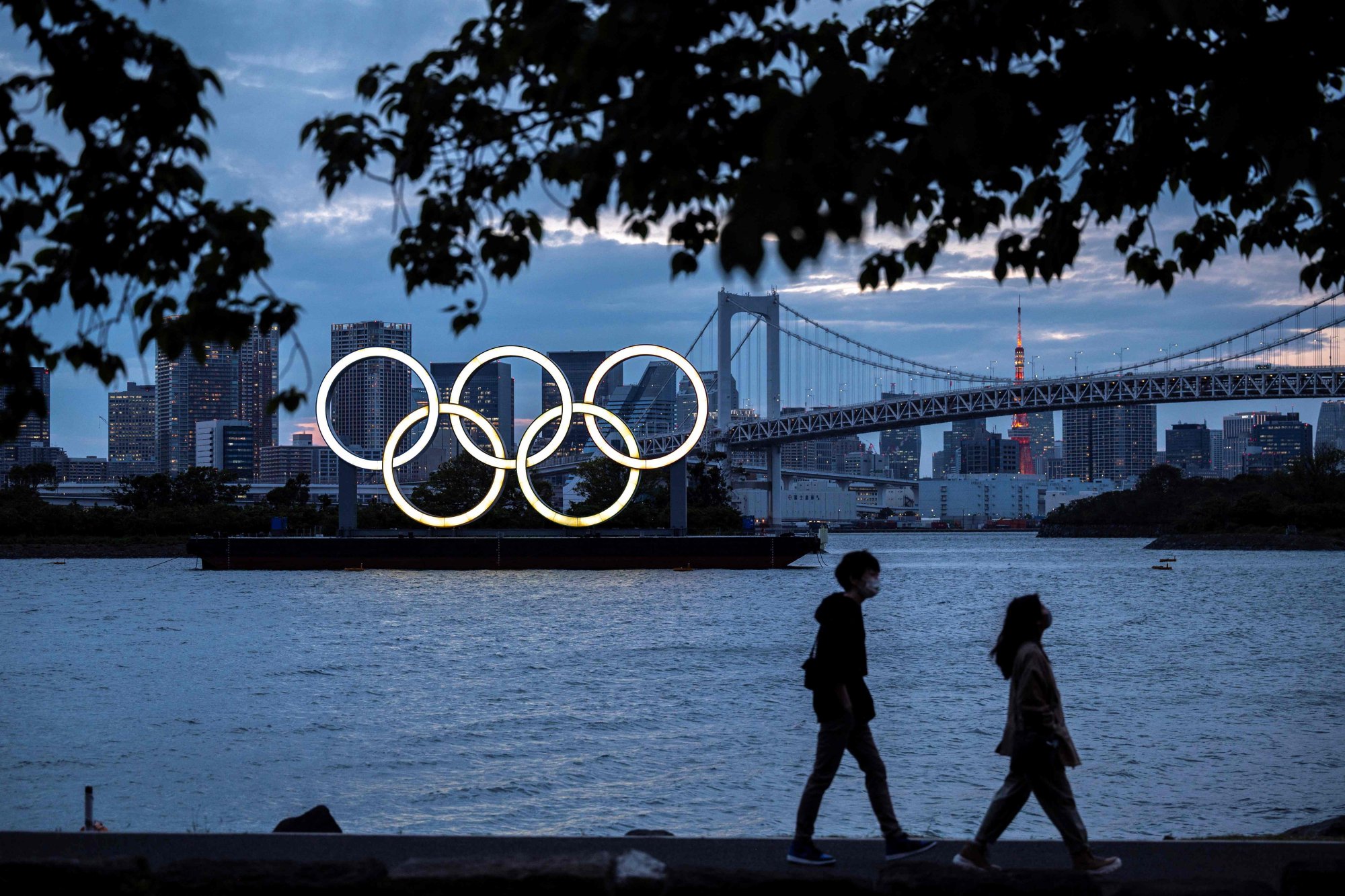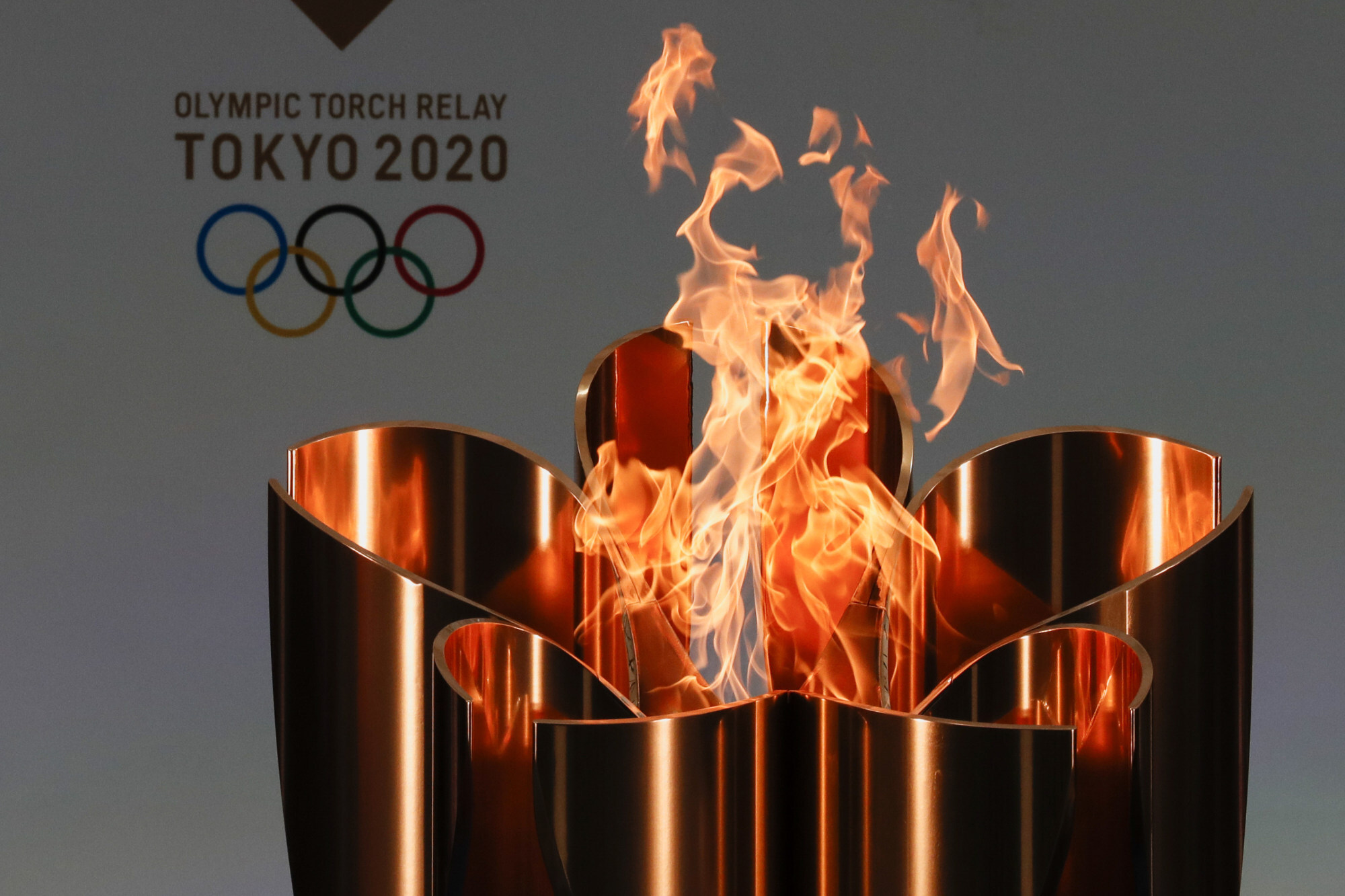Opinion / Olympics 2020: can sports’ oldest brand survive the furore? Staging the Tokyo summer games despite widespread Covid-19 fears could damage the 100-year-old event forever

The Olympic Games is the greatest sporting event in the world, with millions ordinarily flocking into stadiums and billions tuning in from every corner of the Earth. Every four years the summer (and winter) games act to define the future of the host cities, with billions of dollars invested in infrastructure and the entire world taking notes. In the realm of international sports, there is nothing bigger, more extreme, more admired ... or more desired. And this makes the Olympics similar to a luxury brand.


But as this year’s Olympics are about to start, Japan is facing surging Covid-19 rates that mean the games will be held without spectators. But the show must go on.
In the months leading up to the delayed Olympic Games Tokyo 2020 (like Euro 2020, still bearing the name of its original planned year), the sentiment in Japan shifted, with many asking to delay or cancel the games altogether. In the end, and with October elections getting closer, the decision was made to hold the games no matter what. One of the most critical aspects of financing the games are selling the TV rights all over the world, and those at least won’t be affected by empty stadiums.

However, there is a genuine fear that hosting the games may damage the brand image for years to come. Ignoring the domestic sentiment and exposing athletes to infection risks may backfire. And games in empty stadiums may feel like an artificial setting, lacking the energy and enthusiasm of large crowds cheering.
The Olympic Games were always something bigger: a celebration of the world, a place where for two weeks countries compete in almost every sport imaginable, where fans meet, and differences are forgotten. It’s a symbol of solidarity and unity, the ultimate aspiration. In a “ghost” event with no people, the ancient Olympic ideal becomes a pure commercial play.

If the Olympics are comparable with a luxury brand, then the rules of brand management apply. And in luxury, the intangible value components are paramount. Intangible values can collapse in no time, when brands make mistakes or create ambiguity around their brand story.
The gamble may still pay out. If the organisers manage to minimise Covid-19 cases and the athletes entice the TV audiences with stellar performances, empty stadiums may be forgiven and forgotten. However, if things don’t turn out at their best, the International Olympic Committee may forever be remembered for putting money first, and athletes and safety second. And in that case, recovering brand equity may take decades.

Let’s hope for the former outcome. Let’s wish the belated Tokyo 2020 Olympics to be an incredible success. The stakes could not be higher.

- Dating back millennia to Ancient Greece, the first modern games were in Athens in 1896 – but perhaps no sports event has proved as controversial as Tokyo 2020
- With 85 per cent of locals ‘concerned’ about staging the spectacle amid surging Covid-19 cases, might the ‘world’s first luxury brand’ end up damaged forever?